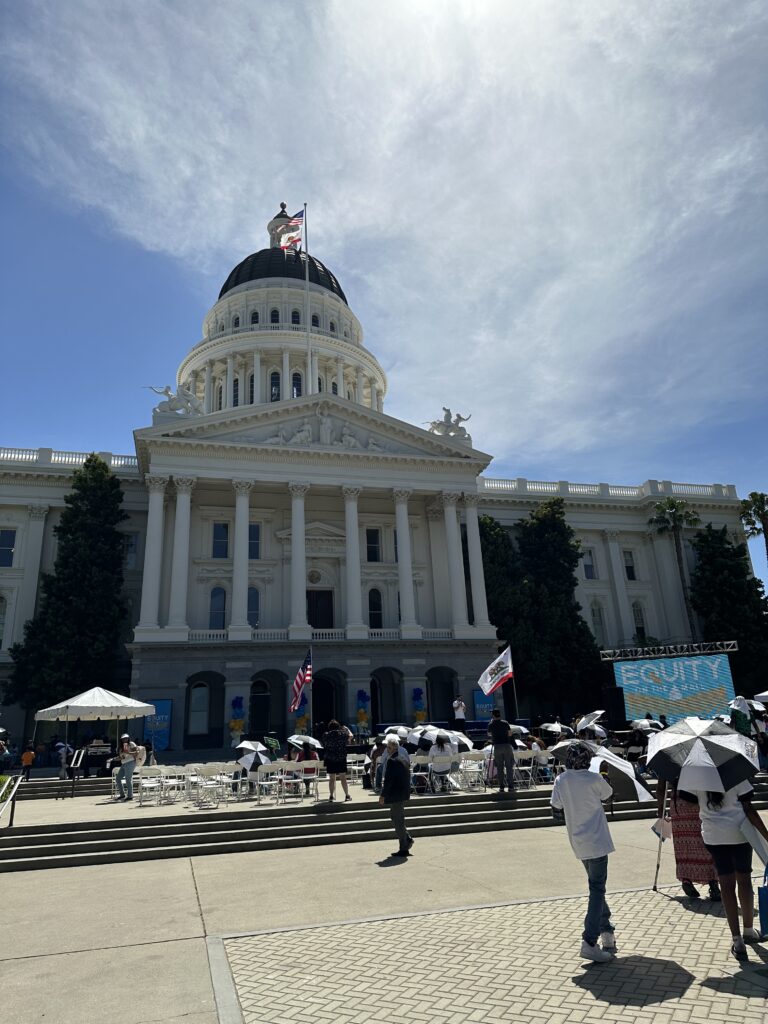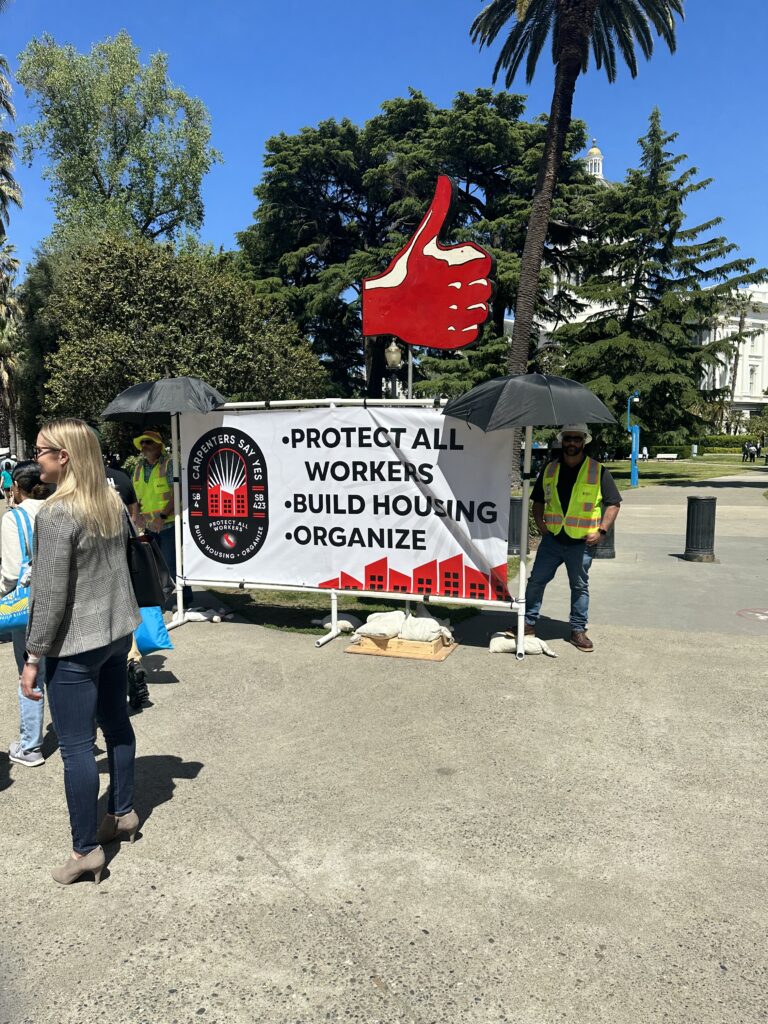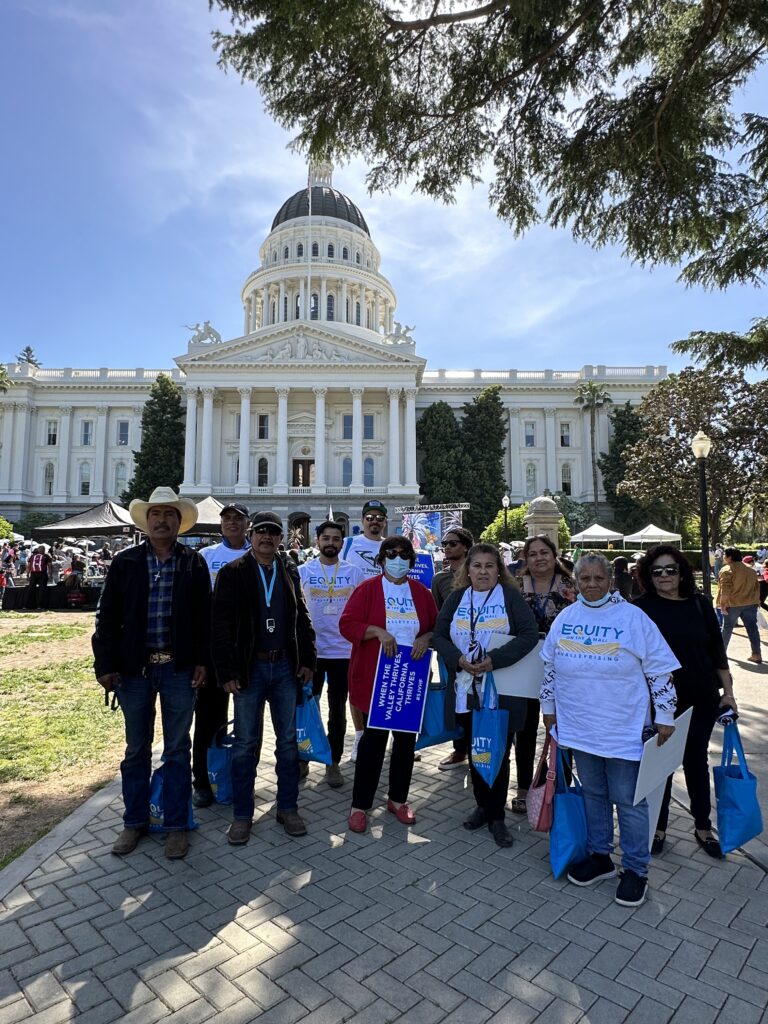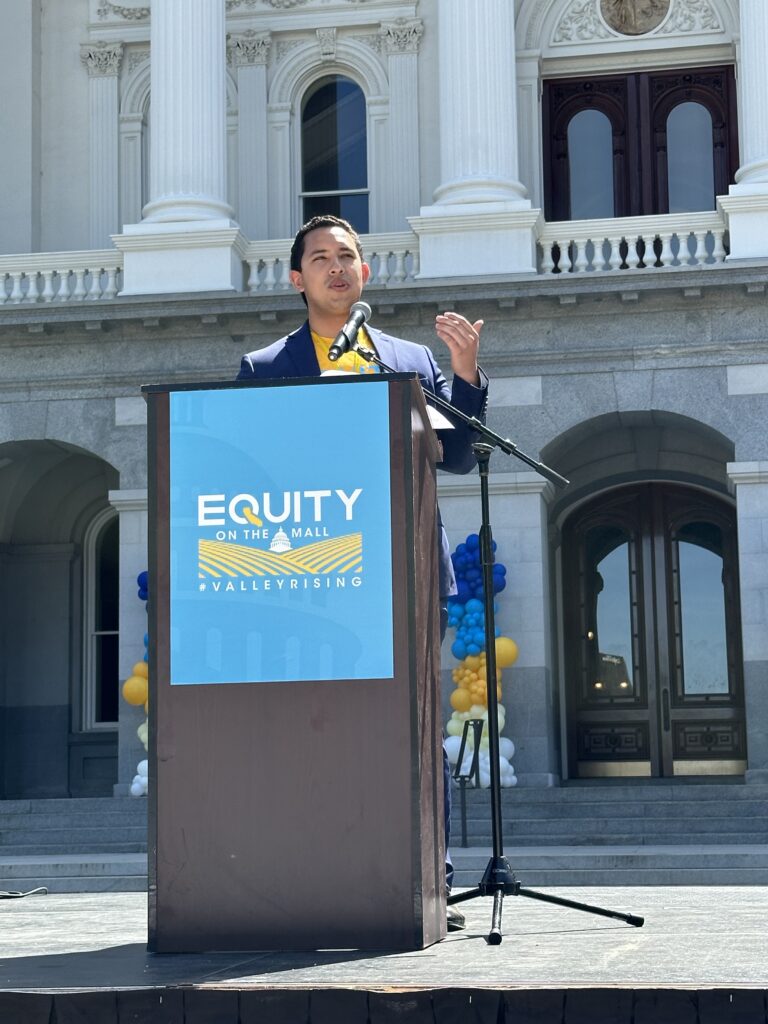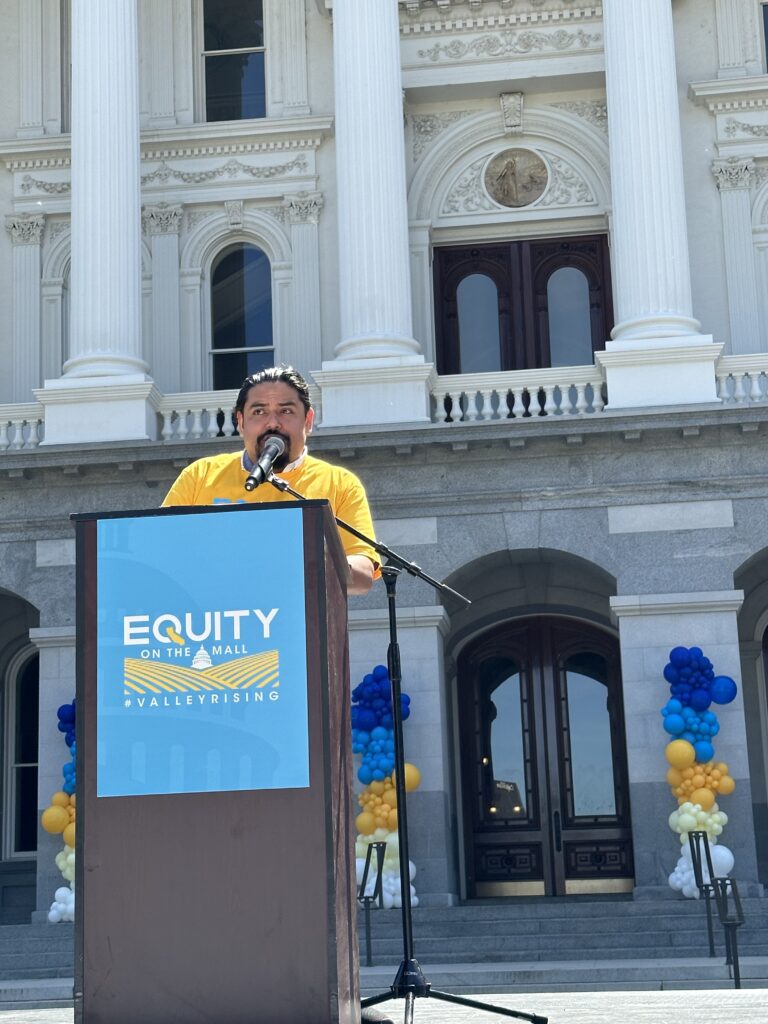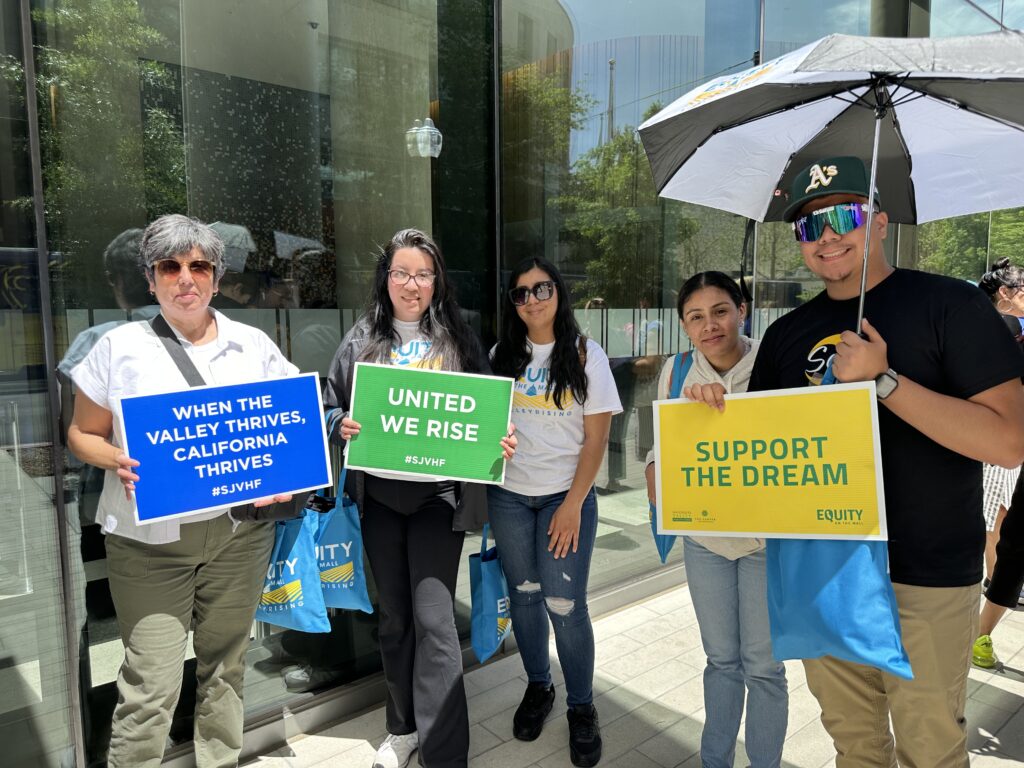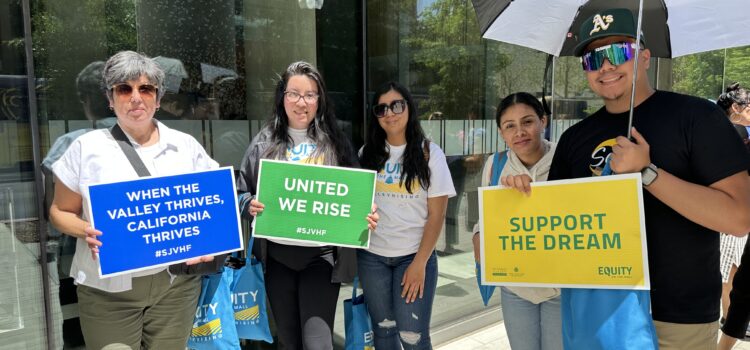
On Wednesday, April 26th, Californians from the Central Valley region gathered on the California State Capitol lawn to advocate for issues affecting the valley as part of the 2023 Equity on the Mall event. These issues included healthcare, immigration, reproductive rights, and LGBTQ+ rights, among other issues.
The day was filled with speakers from organizations and coalitions from across California. There were also performances from dance groups and Aztec dancers throughout the day. Many of the participants also had appointments with assembly members in which they were able to voice their concerns and proposals to improve their communities.
Some participants shared their thoughts and testimonies regarding their participation in the event and some things they want the California lawmakers to understand about their communities. These were their comments:
Khi Moua and Stacey Chang

“I wish our leaders knew the barriers our Hmong communities face. Addressing disparities in our cultures. Letting them know that our community exists with needs and that our voices need to be heard.”
Bri Guerrero
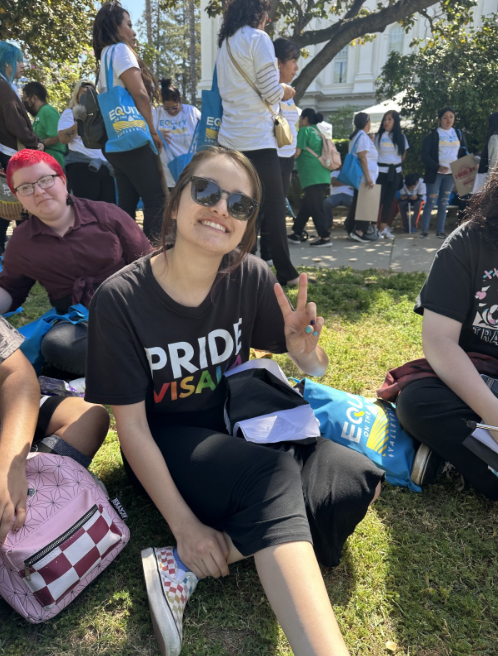
“There are checks and balances for queer representation in the valley. We are five or ten years behind. Affirming LGBT policies that happen in northern CA don’t happen in the valley. Queer youth are 5 years behind urban queer youth. We are all Californians, and we all deserve care and resources.”
Deyawnna Jones
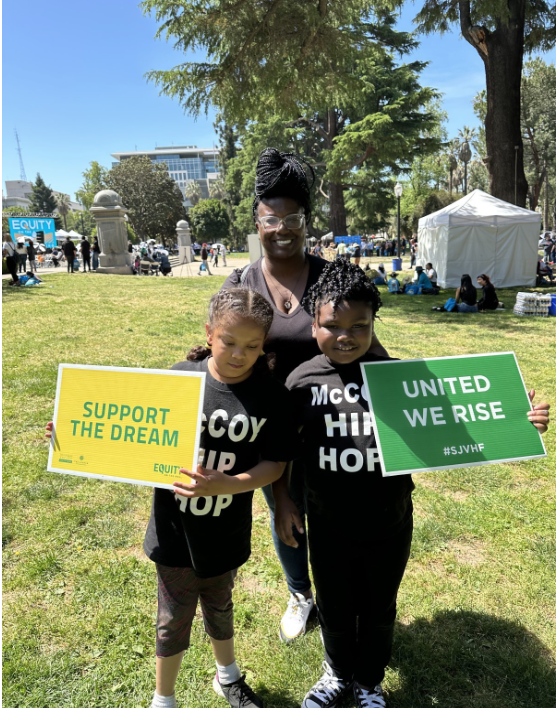
“I think without struggle there is no progress- Fredrick Douglas. As a parent and a social worker, I teach my daughter about the issues that impact social justice for everyone especially people of color.”
Beatriz Basulto
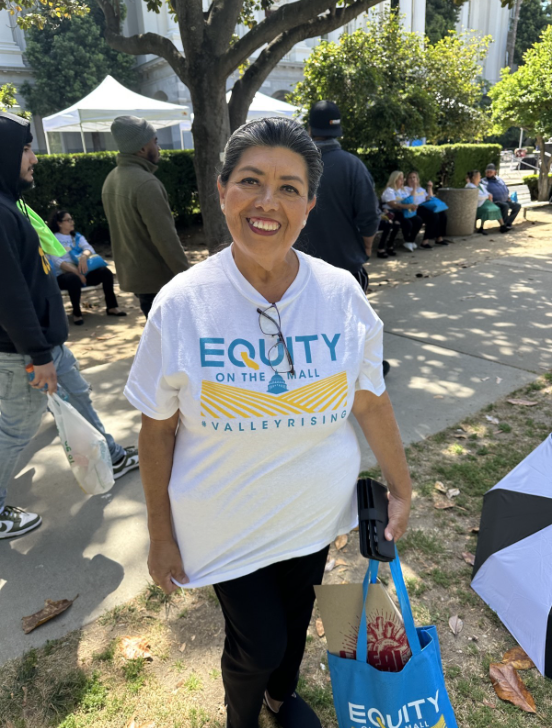
“I am happy to be here and advocate for the needs of my community. Health access is a big deal in our family. I know that a healthy valley is a healthy California…we also need housing reform because renting and becoming homeowners have become very difficult… Finally, I also think we need immigration reform that has been promised to us for many years now. We have just had promises but no results for people living in the shadows and DACA recipients.”
